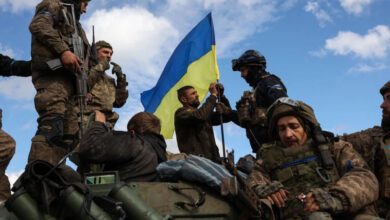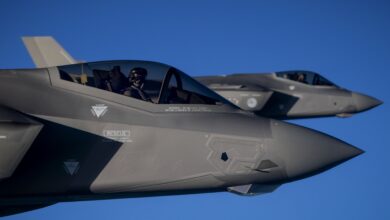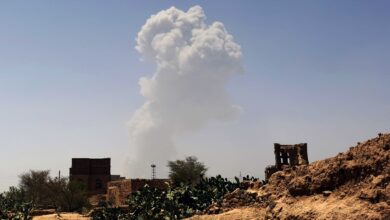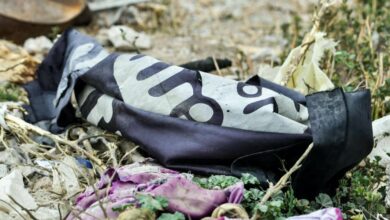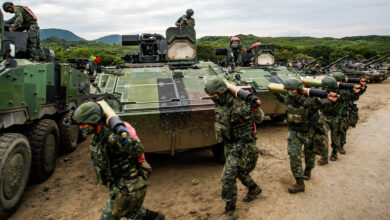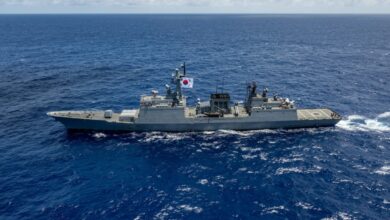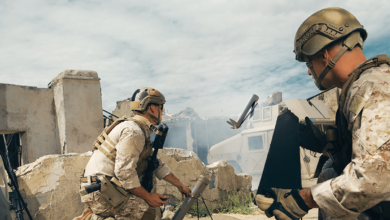Soldiers from the 101st Airborne Division have trained in constructing and operating the High Capacity Line of Sight (HCLOS) system, which utilizes radios to combine communications within a user’s sight range and beyond to facilitate internet connectivity to a distant receiver.
Sgt. Orlando Valentin, who led the training, said that the “HCLOS is a great system to use as a redundant link in case our satellite communication (SATCOM) drops or our fiber optics get damaged.”
“It is an easy link to set up and push communication through as a backup. We also were able to teach our help desk how to set it up.”
The training included setting up a 15-meter mast, parabolic antenna, and a radio receiver at a separate location for testing communications and connectivity.

Valentin complimented the trainee soldiers as “receptive,” having performed the tasks up to quality standards, abiding by safety measures, and meeting all operational requirements.
‘Cross-Training’
US Army training philosophy centers on inclusivity and enhanced interoperability. The HCLOS training allowed soldiers to learn new skills from peers with expertise in other areas, demonstrating how all tasks contribute to larger army operations.
Valentin evaluated the team’s “cross-training” performance by saying, “[T]hey picked it up quick. We were able to certify the Helpdesk Team on setting up the HCLOS, when their daily duties are usually just end user troubleshooting and administrative stuff. It was great to teach them and get them outside to cross-train.”
Training participant Pfc. Juan Rodriguez said it would prepare him to perform another soldier’s tasks if required.
“It gave me the chance to expand my knowledge-base on signal equipment, so I can cover down on multiple jobs if I need to especially if someone goes down,” Rodriguez said.
“It is important to learn each other’s jobs. It gives you a better understanding on how all of our jobs work together.”



